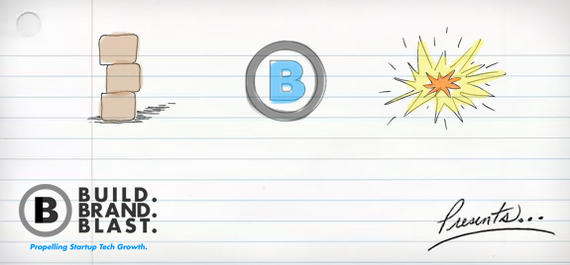There are many qualities that make a good business, but what about a "good" entrepreneur?
Most businesses are doomed to fail. You've undoubtedly heard anecdotes in your own life about "good" businesses that ended up going under, and conversely, anecdotes of "bad" businesses (with shoddy ideas, poor infrastructure, etc.) that ended up making it.
What's to account for this discrepancy? Theoretically, the company's leader, the entrepreneur at the head of the business, can make all the difference. But what exactly makes a "good" entrepreneur?
Creativity
First, an entrepreneur has to be creative. What is a business idea if not a creative solution to a common problem? When you encounter obstacles in a new business, or just need something new, your creativity is what will lead you to your next great idea.
Passion
Passion drives you. It's what makes you work extra hours, go the extra mile, and take the necessary risks to make your ideas a reality. Without it, you're severely stifled. Plus, if you aren't passionate about what you do, how can you expect anybody else in your business to be?
Tenacity
You're going to face problems in entrepreneurship. Lots of them. Every day. Too many entrepreneurs see a challenge and are almost instantly overcome by it, folding too early or refusing to take a new risk. Tenacious entrepreneurs, the ones willing to work past anything, keep going long after their contemporaries fold.
Flexibility
Startups demand flexibility. Odds are, your original ideas and intentions won't last long in a practical environment. They'll need to be adapted -- they'll need to evolve -- and it's your responsibility to oversee those changes.
Focus
Most new entrepreneurs have "shiny object syndrome," chasing after whatever latest-and-greatest idea catches their eye and never really settling on anything. Don't let this happen to you -- focus on one thing at a time.
If you can embody these traits as a leader of your own business, you'll maximize the potential longevity of your operation. If your core idea, business model, and infrastructure are solid, your skills should be able to lead you to long-term stability and profitability.
The good thing is that most of these traits aren't innate -- it's not like being tall, where you can only play the genetic cards you're dealt. These skills and traits can be acquired, so even if you don't have them naturally, you can still incorporate them into your entrepreneurial style.
This blogger graduated from Goldman Sachs' 10,000 Small Businesses program. Goldman Sachs is a partner of the What Is Working: Small Businesses section.

